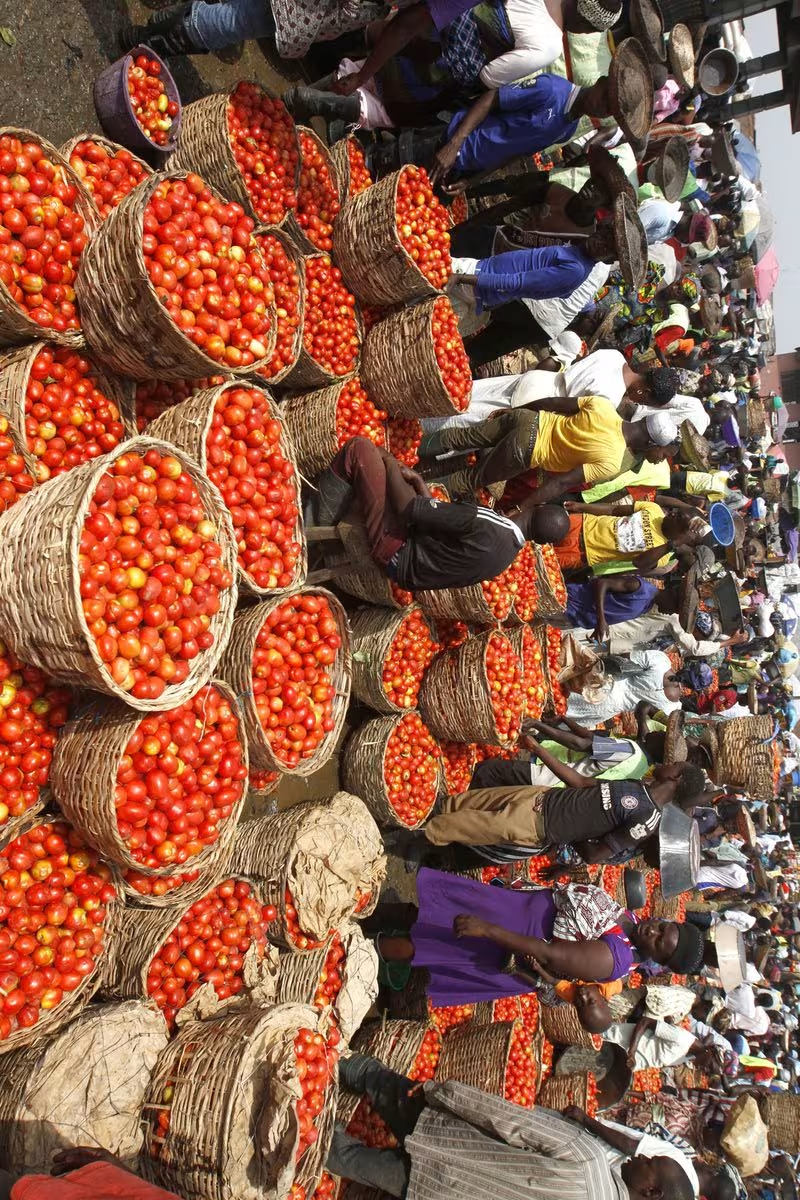In September, Nigeria’s business confidence index climbed to 107.9 points.
The improved performance reflects the resilience of Nigerian firms, with the year-to-date performance (January to September 2025) being 20.0 index points higher than the same period in 2024.

Sectoral Performance Highlights (September 2025)
The overall rise in the index was driven by a strong rebound in the Agriculture sector and continued momentum in the Services sector, which collectively offset a slowdown in Manufacturing.
| Sector | September 2025 BCM Index | Change from August | Key Driver(s) |
| Agriculture | 107.3 points | ↑ Strong Rebound | Bumper harvests, favorable rainfall, and government input support. All five sub-sectors recorded gains. |
| Services | 108.5 points | ↑ Notable Improvement | Steady activity in financial services, ICT, and logistics, supported by moderating inflation and currency stability. |
| Manufacturing | 102.5 points | ↓ Moderated Growth | Decline in production momentum across major sub-sectors (Food, Beverage, Cement, etc.) due to high costs and infrastructure challenges. |
1. Agriculture Leads the Recovery ????
The Agriculture sector was the primary driver of the overall index increase, posting a significant turnaround by rising sharply from 95.6 points (contraction) in August to 107.3 points (expansion) in September.
Drivers: The rebound was fueled by bumper harvests, favorable rainfall patterns, and effective government input support programs.
Breadth of Growth: The recovery was broad-based, with all five sub-sectors—crop production, forestry, livestock, fishing, and agro-allied industries—recording gains and moving into or maintaining the expansion zone.

2. Services Sector Sustains Strong Momentum
The Services sector demonstrated continued strength, rising to index points in August. This sector remains Nigeria’s largest employer and a strong contributor to GDP growth.
Drivers: The growth was concentrated in financial services, ICT, and logistics, boosted by factors like moderating inflation, a relatively stable exchange rate, and increasing digital transformation and private investment in technology.
3. Manufacturing Growth Slows Down ????
Despite remaining in expansion, the Manufacturing sector’s index fell slightly from in August to points in September.
Cause of Slowdown: The decline in momentum was attributed to weaknesses across major sub-sectors, including Food, Beverage and Tobacco, Cement, Plastic and Rubber Products, and Non-Metallic Products, which collectively account for over of Nigeria’s manufacturing output.
Challenges: Manufacturers consistently struggled with unstable power supply, high diesel costs, multiple taxation, limited access to credit, and raw material shortages.
Overall Outlook and Persistent Risks
While the rise to points and the index point year-to-date improvement reflect growing business optimism, the report warns that the positive trend remains fragile.
Positive Sub-Indicators: BCM sub-indices for investment, exports, access to credit, and prices all recorded marginal gains, and a moderation in input costs suggested a possible easing of inflationary pressures on firms.

Structural Constraints: The overall business environment continues to be weighed down by persistent structural challenges, including:
Limited access to financing.
Erratic electricity supply and high operational costs.
Policy uncertainty.
Insecurity.
Related Economic Context
The sustained business confidence aligns with broader economic indicators reported by the National Bureau of Statistics (NBS):
GDP Growth (Q2 2025): Nigeria’s Gross Domestic Product (GDP) grew by year-on-year in real terms in the second quarter of 2025.
Agriculture GDP: The Agriculture sector’s GDP specifically grew by in Q2 2025, up from in Q2 2024 and significantly higher than the recorded in the preceding quarter. The September BCM results suggest this strong momentum continued into Q3.
Join Our Social Media Channels:
WhatsApp: NaijaEyes
Facebook: NaijaEyes
Twitter: NaijaEyes
Instagram: NaijaEyes
TikTok: NaijaEyes





